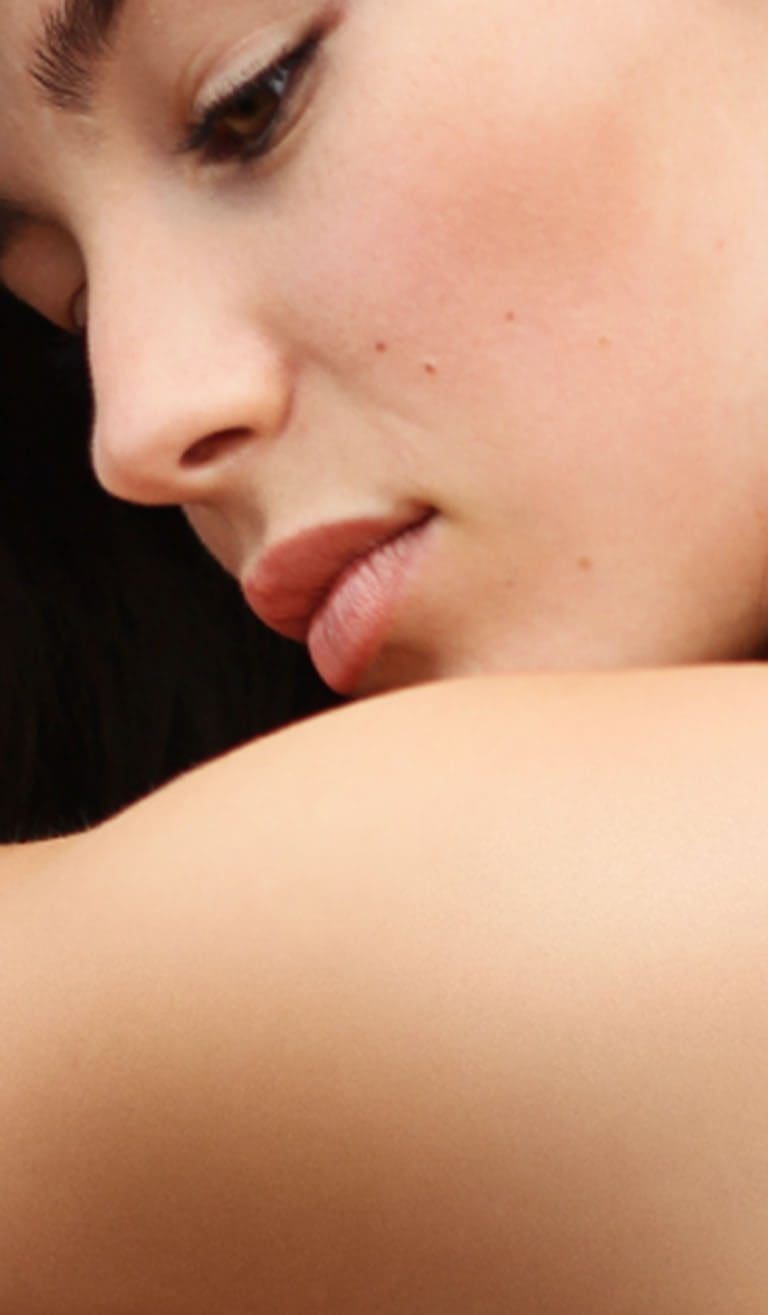Cosmetic Surgery
Ten tips for reducing surgical scarring
Scarring is common side-effect of undergoing surgery. It’s a completely natural part of the healing process – when an incision is made, your body needs to seal the wound and re-join the separated skin, sometimes leaving a faint mark.
Although your scars may never disappear completely, there are many things you can do to reduce them, so they aren’t as obvious. Here are ten tips that will help you do just that.
Eat well, and cut back on fatty foods
Both before and after the surgery, it’s a good idea to stick to a healthy diet which is free from fatty foods. That means eating lots of fruit and vegetables that are rich with anti-oxidants. Doing so will improve your body’s ability to heal. Protein-rich foods, such as turkey and tofu, should also be a big part of your diet, as you need to build up your strength.
Drinks lots of water
In order to keep your body in tip-top condition, you need to remain hydrated at all times. Drinking fresh water is best – steer clear from anything that has caffeine or alcohol in. If your urine is ever dark, it’s a sign you’re dehydrated and need to drink more water.
Stop smoking
Smoking has such a negative impact on your body that some surgeons will refuse to perform the procedure unless you agree to give it up for a few weeks beforehand. If you’re a smoker, your body has to work a lot harder and complications with your procedure could occur. To allow your body to heal properly, you should refrain from smoking for several months after your surgery too – although giving it up forever would obviously be best.
Exercise – but don’t overdo it
Once the procedure is complete, you should ask your surgeon what types of exercise you can perform whilst the wound is still healing. Light exercise can do a lot of good – it gets the heart pumping, which will send lots of oxygen and nutrients to the wound. Overdoing it could cause the incision to re-open though, so don’t do any more than your surgeon suggests.
Get outside
Fresh air, and plenty of it, will do wonders for your body following surgery. Your wound will need a constant supply of oxygen in order to successfully fight off infection. Therefore, refrain from remaining indoors during your healing period.
But avoid direct sunlight
Sunlight can dry out your wound, making it more difficult to heal. Further, the UV light could make your fresh scar tissue look more prominent. If it’s not possible to keep your scar out of the sun, invest in a high-factor sunscreen and make sure you apply it often.
Leave your scab alone
Scabbing is a natural process and protects the wound whilst it’s still healing. Picking at it will do you no favours – in fact it could lengthen the healing process, and the longer your wound takes to heal, the more visible the scar is likely to be. Instead, keep the area hydrated and let the scab fall off on its own.
Gently massage the area
Regular gentle massages will encourage fresh blood (which is full of nutrients and oxygen) to circulate around your wound and flush away any toxins. Be careful not to press hard on the wound.
Follow your doctor’s advice
If your surgeon tells you to rest for two weeks, they mean it. Don’t think that you can go back to work early or stay up late every night. Tiring yourself out will put unnecessary strain on your body, slowing down the healing process. Rarely do you get an excuse to put your feet up and watch Netflix all week – so take advantage of it!
Learn to identify infections quickly
By following the advice above, you should avoid infection. However, you should always be aware of the signs, as if your wound does become infected, you need to get it treated quickly. If you think something isn’t quite right, go to the doctor’s straight away. Don’t wait for it to get worse, as you’ll delay the healing process.
If you look after yourself your scar should fade from a pinky colour to a silvery flesh-coloured one and shouldn’t be too noticeable. Remember that the visibility of your scar depends on a number of factors, including your age, skin type, the size of the wound, how quickly it healed and your health, as well as how much you looked after it.
If you have any concerns about scarring or wish to know more, feel free to get in contact with us.
-






